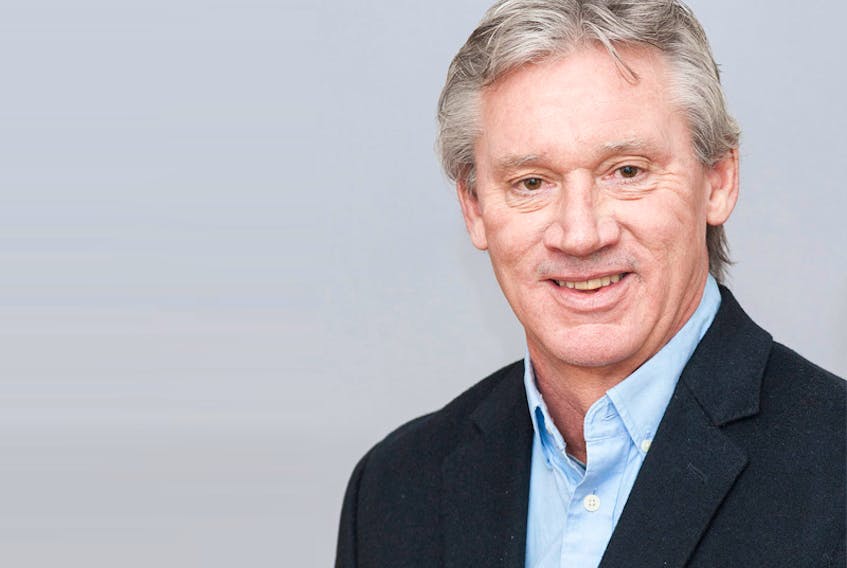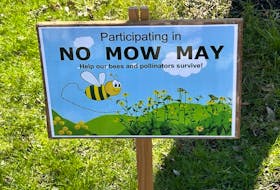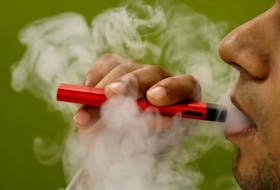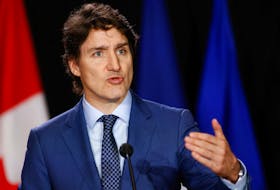Liberals across the land rang out the old year with a hearty “good riddance” and rang in the new with hopes that 2019 will not resemble 2018 at all.
This year, the federal government, along with Liberal governments in Newfoundland and Labrador and Prince Edward Island, have appointments with their electorates. Each of those governments will be trying to avoid the fate 2018 dealt Liberal governments in Ontario, New Brunswick and Quebec, where right-of-centre politicians now occupy ministerial offices in the respective capitals.
Every province has its own issues and political traditions, so provincial elections generally don’t presage voters’ behaviour in a federal election. Nevertheless, Liberals have to be concerned that many of the conditions persist that gave rise to Ontario Premier Doug Ford, Quebec Premier François Legault, and New Brunswick Premier Blaine Higgs.
There is unease abroad in the land that will not be placated by the prime minister’s allusion to, or the illusion of, sunny ways.
Storm clouds cover Alberta, where the first big election of 2019 happens before the end of May. Prime Minister Justin Trudeau is likely to lose another ally — albeit a part-time one — after that vote.
Unless Alberta’s NDP Premier Rachel Notley makes a miraculous political recovery, Jason Kenney and the United Conservatives will form the next government in the troubled oil patch.
In all the land, there is no harsher critic of Trudeau than Kenney, who blames Ottawa for botched pipeline deals that leave Alberta with a glut of oil it can only sell at bargain basement prices. Notley estimates the loss to the economy at $80 million a day.
Liberals haven’t counted on winning much in Alberta since Marc Lalonde worked as energy minister for Justin’s father and authored the 1980s National Energy Plan. The very name can still spark fisticuffs in certain Calgary bars if mentioned without sufficient derision.
Kenney, if elected, will join four other premiers and federal Conservative leader Andrew Scheer as vociferous opponents of Trudeau’s national plan to reduce carbon emissions — the carbon tax, in Tory parlance.
Canadians support action to mitigate climate change, but with five provinces aligned against him, deriding his carbon price as unnecessary and ineffective, the prime minister could be drawn into a debate on the details of his plan, where the devil includes exemptions for some of the biggest polluters.
Even if they survive the carbon-pricing debate, the Liberals’ troubles don’t end there.
Illegal immigration has become a problem and in Quebec even legal immigration is out of fashion. Premier François Legault’s Coalition Avenir Quebec promised to reduce immigration and outlaw the display of religious symbols — like the Muslim hijab — by people in “authority,” including teachers and other public employees.
Legault’s policies stand in stark contrast to those of the Trudeau government, which plans to increase immigration and has a propensity to shame anyone who advocates positions like Legault’s with accusations of xenophobia.
The Liberals’ certainty that they occupy the moral high ground in all things is another source of irritation for Canadians, who are understandably offended when their disagreement with the federal government is labelled bigotry.
Legault — unlike “big-C” Conservatives — has been spared that ignominy, entirely for political reasons. The Liberals need to win the largest share of Quebec’s 78 seats if they hope to retain government; Quebecois support Legault’s positions, ergo federal criticism of Legault is muted.
And finally, there’s the question of the deficit. In 2015, Liberals told voters to expect small deficits for a couple of years and a balanced budget by 2019. That’s all been forgotten. The Liberals moved the goalposts and now talk about the debt-to-GDP ratio, which is a more meaningful measure of fiscal health than the too simple idea that deficits are bad, and surpluses are good.
But with no plan to balance the federal budget in sight and other governments, including the three surviving Liberal provinces on the East Coast, preaching the virtues of balanced budgets, more Canadians seem to be uncomfortable with the Trudeau government’s fiscal record.
An Angus Reid Institute poll in December found 28 per cent of Canadians identified the federal deficit among the most important issues facing the country, ahead of the environment, health care and the economy. That’s not a good sign for federal Liberals.
But the election is 10 months away, which is plenty of time for Canadians to size up their carbon-taxing, virtue-signaling, profligate-spending government, shrug and probably give it a second term.









